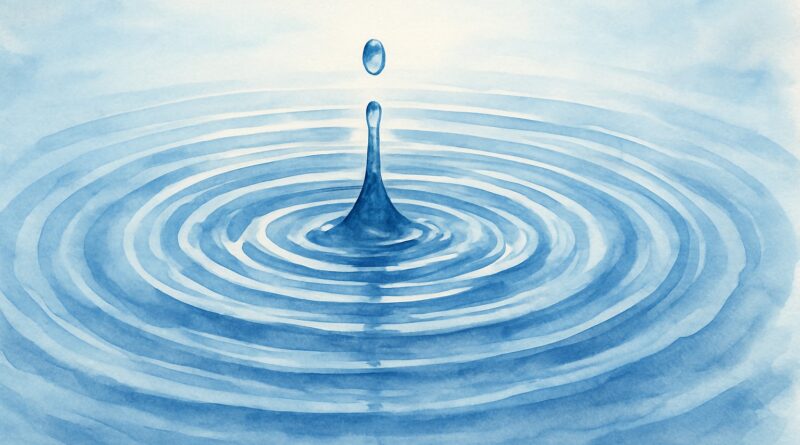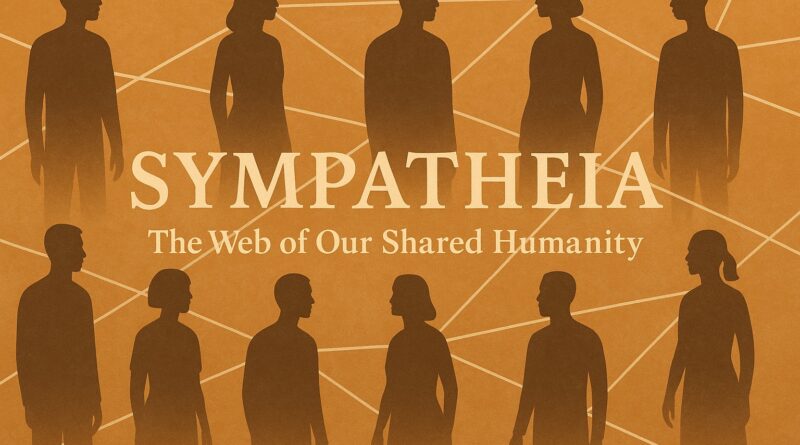Hope in the Ripples
When 150 people filled the hall at Hyde Park United Methodist Church, the room carried more than a discussion of housing, immigration, education, and inclusion. It carried hope. The kind that comes when people realize their voices matter more when joined together. The Stoics referred to this as sympatheia, the understanding that our lives are intricately woven into a larger fabric.
That same truth also lives in smaller, quieter ways. My mother’s 36 years as a school nurse left ripples she never saw. Children who learned, grew, and passed her care forward to their own families. Hope is born in those ripples. It is sustained when we draw our circles of concern closer, strengthen the hive, and trust that even small acts of justice will carry further than we can measure.


